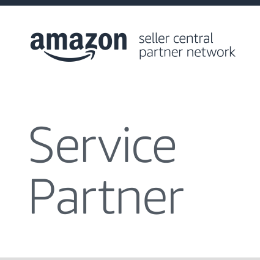
Doing business in emerging markets offers businesses the potential for expansive growth, but it requires navigating international logistics and dealing with many unknowns. SkyPostal specializes in helping retail and e-commerce companies tap into the emerging Latin American markets. In this article, we’ll delve into some of the logistical challenges that occur in Latin America and how to overcome them.
But first, let’s talk about what emerging markets are and why companies are increasingly interested in tapping into these economies.
What Is an Emerging Market?
Emerging markets are national economies that are transitioning away from relying on traditional revenue sources like agriculture to join the global economy as producers and importers of goods. Part of the reason for this transition is to create a better life for the people who live in these emerging countries through industrializing and diversifying the economy.
Thanks to these economic changes in Latin America and beyond, middle classes are growing and consumers have more money to spend. This emergent middle class is looking to spend their money on international goods and services—including those offered by U.S. and European retailers and e-commerce companies.

The Benefits of Doing Business in Emerging Markets
Emerging markets offer companies excellent opportunities to expand with minimal competition compared to mature markets. Many companies are turning to these economies (particularly BRIC—Brazil, Russia, India, and China) because of their explosive growth and large populations.
According to Entrepreneur Handbook, companies investing in developing countries are seeing returns that outpace investments in mature economies. This is in large part because of the broad range of verticals in emerging markets that have yet “to be fully penetrated by the rich-world economies.”
This opens the door for companies across a variety of industries to establish an early market presence. The downside? While the market potential and consumer desire for new goods and services is high in these countries, the infrastructure can often create problems for international companies that aren’t familiar with doing business in these regions.
Fortunately, we know a thing or two about navigating logistics in these growing economies. Still, there are some risks that should be considered.
The Risks of Doing Business in Emerging Markets
According to the Small Business Chronicle, there are two main risks that companies face when doing business in emerging markets.
First, there are cultural risks. The expectation of business in these countries is different than in the U.S. or Europe. The explosive growth of these emerging markets also means rapidly developing consumer tastes and business needs that will create ebbs and flows in your target markets.
Second, emerging countries are susceptible to corruption with limited protection for international businesses. Latin America is no stranger to corruption scandals, although corruption is a struggle for many countries around the world. Like in any economy, this political turmoil often affects economic policies as the next administration comes into power.
Besides these cultural and political risks, the logistical challenges provide more hurdles. We’ll get to these issues later, but the good news is that the benefits of doing business in emerging markets outweigh the risks for most companies.
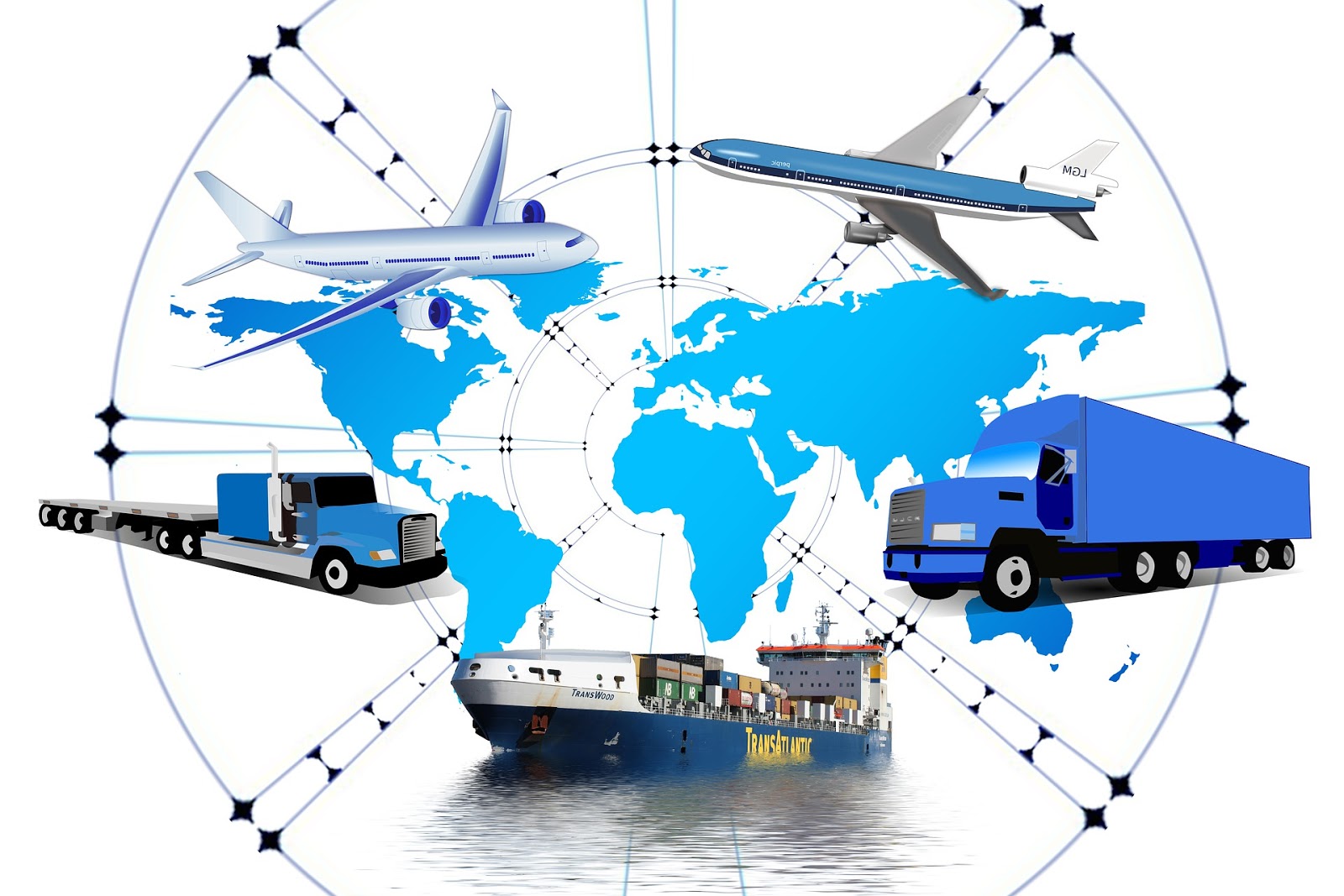
The Logistics of Doing Business in Emerging Markets
Even the best laid plans for penetrating emerging markets can be undone if you don’t have the logistical know-how to execute your vision. Since 2001, SkyPostal has been helping American and European companies access Latin American markets by providing end-to-end solutions for deliveries to countries throughout the region.
With us as your partner, it is possible to replicate the delivery experience that your European and American customers enjoy for those in Latin America. But first, you need to recognize and overcome the logistical challenges that come with doing business in emerging markets in Latin America.
Lack of Postal Standardization
The ability to deliver mail and packages successfully hinges upon the ability of the carrier to find the recipient. As we’ve written about in the past, postal addresses vary from region to region. In places like Costa Rica where addresses rely on local landmarks, this can result in up to 25% of failed deliveries for direct mail.
Many other countries have specific postal address requirements that aren’t standard internationally. Chile is one example, where the comuna (similar to a county in the U.S., it is Chile’s smallest administrative subdivision) is given more importance than the postal code for mail delivery within densely populated areas like its capital city, Santiago. That’s why we recommend including the name of the comuna below the street address, in addition to the postal code, when sending mail to Chile.
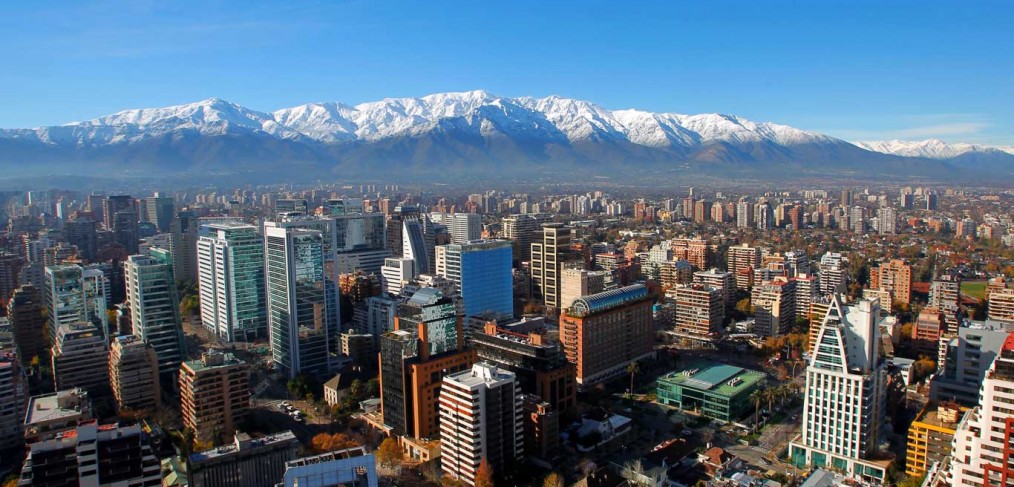
This lack of standardization can create costly waste when packages get lost or go undelivered, while also causing frustration for your customers. That’s why we offer the largest private delivery network in Latin America to help guarantee delivery by employing couriers with local knowledge.
If you’re looking to get your products into these developing countries, do your research on the postal systems there, or choose a courier with years of experience working in those countries. Don’t assume that each country is the same, nor that every region of the country is the same. Keep in mind that postal standards tend to become more challenging when you move away from urban areas.
Marketing through Direct Mail
Another challenge associated with the lack of standardization in Latin American postal systems is the difficulty of direct mail marketing. But that doesn’t mean you should give up on direct mail—it’s a great way to expand your market presence in Latin America.
According to Export.gov, nearly ¾ of Brazilian consumers enjoy receiving direct mail. As one of the largest countries by population size and economy in Latin America, Brazil offers a huge market to tap into through direct mail.
Gaining access to this market is not only challenging, because of the postal systems; direct mail relies on quality mailing lists that are kept up-to-date. This has been a huge issue for many companies.
While it may be more challenging to market through direct mail in Latin America than in other regions, it’s possible to successfully market this way when you have the right team to support your efforts.
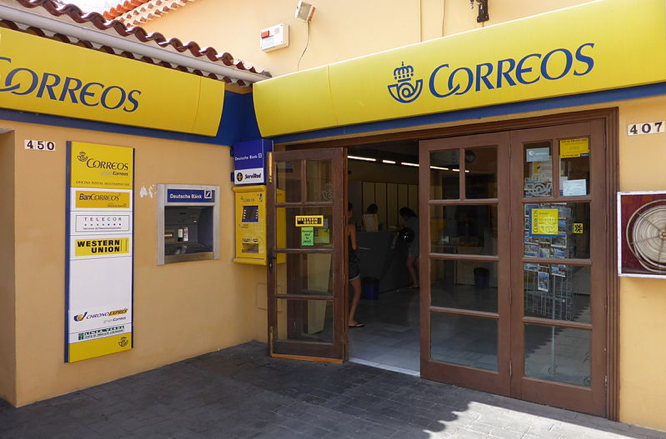
Using a combination of private and local couriers, SkyPostal helps companies address the challenges of direct mail by providing list hygiene and reliable deliveries—get in touch to learn more about how we can support your direct mail efforts.
Understand Trade Agreements
Breaking into emerging markets can be fraught with complications, as import-export barriers can create a complicated web of regulations and costs to wade through. Depending on your product and the trade agreements between your country and the country you’d like to do business in, import tariffs can be particularly high. Without the right experts to guide you, these costs could put your business at a disadvantage compared to domestically produced goods.
Take, for example, this analysis by the Canadian Trade Commissioner of a $100 product produced and imported from Canada compared to the same priced product produced in Brazil. According to their analysis, the cost of the Canadian product would be C$176.94, while the Brazilian product would be only C$118.00. This shows us how important it is not to underestimate the impact of tariffs—but also to do your homework about governmental programs and free trade agreements that might be available to help reduce costs for international businesses.
While many large multinational corporations have the funds and leverage to tackle these issues on their own, smaller businesses don’t have the same luxury. That’s why it’s critical to take advantage of the numerous free trade agreements (FTAs) that are helping reduce the barriers to trade between developed and developing countries. Thankfully, there are quite a few to choose from.
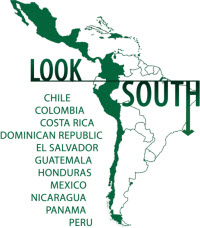
Initiatives like Look South in the U.S. are available to help smaller companies do business in Latin American countries that are FTA partners (eleven countries, including Chile, Colombia, Costa Rica, Dominican Republic, El Salvador, Guatemala, Honduras, Mexico, Nicaragua, Panama, and Peru). These countries have reduced or zero tariffs on some U.S. goods, which simplifies the import process.
Keep Up with Duty and Tax Collection Documentation
Let’s face it: there’s a considerable amount of paperwork for importing goods to Latin America. The customs process for importing to Mexico is one example.
To be in compliance, as outlined by Export.gov, you need an “import/export form… a commercial invoice (in Spanish), a bill of lading, documents demonstrating guarantee of payment of additional duties for undervalued goods [and] documents demonstrating compliance with Mexican product safety and performance regulations.”
Each country in Latin American has their own version of these requirements. Keeping up with the paperwork and ensuring duties get paid can be frustrating. Outsourcing can be a great way to save costs and headaches in this area.
SkyPostal offers two simple options for outsourcing the work required to stay in compliance with duties and tax collection related to importing goods.
The first is Duty Collect, where the packages are held for shipment until duties and taxes are paid by your customer through a secure payment portal.
The second is Delivered Duties Paid (DDP), where your delivery company, like SkyPostal, pre-clears all shipments prior to arrival and pays all duties and taxes on behalf of the company. This minimizes steps for the customer and creates the best delivery outcomes.

Whatever outsourcing option you go with, choose a responsible partner who maintains impeccable records to ensure that you remain in full compliance.
Recent data from Research and Markets suggests that, as Latin American consumers develop more interest in B2C e-Commerce, online retail sales growth will outpace North America and Europe. One of the major draws for these consumers is the speed and convenience of home delivery. However, as we’ve shown throughout this article, that can be a challenge logistically without the right knowledge and delivery partner.
The fact remains that Latin American consumers want the same convenience experienced by North American and European consumers.
One of the ways companies can provide a more satisfying e-commerce experience is by strategically using fulfillment services. Speed is one of the most important things for e-commerce deliveries. SkyPostal offers e-commerce fulfillment services based in Miami to enable the most direct access to Latin American countries.
Stocking goods in warehouses closer to Latin America reduces expensive on-demand shipping costs and provides quicker, cheaper deliveries to the Latin American consumer. This can help set you apart from other small and mid-sized businesses (SMBs) who don’t use fulfillment services and thus have shipping that costs more and takes longer.
Break into Latin American Markets with SkyPostal
Latin America offers international companies ample opportunities for growth, but establishing a presence there is not without its challenges.
Our years of experience helping companies conduct business in Latin America has taught us quite a bit about the logistical nuances of each country. We work with local and private couriers to ensure the fastest, most accurate deliveries possible. And we’ve developed innovative technological solutions to provide transparency—like real-time package tracking for companies shipping throughout Latin America.

Don’t just take our word for it though—see what Patrick J. Miller, Director of Operations for our client RR Donnelley had to say about us:
“The diversity of services offered by SkyPostal to Latin America continues to exceed our expectations. Their experience and presence throughout the region is second to none, and is invaluable to our products and services--and, more importantly, our customers.”
Contact us today to learn more about how SkyPostal can help you do business in emerging Latin American markets.

